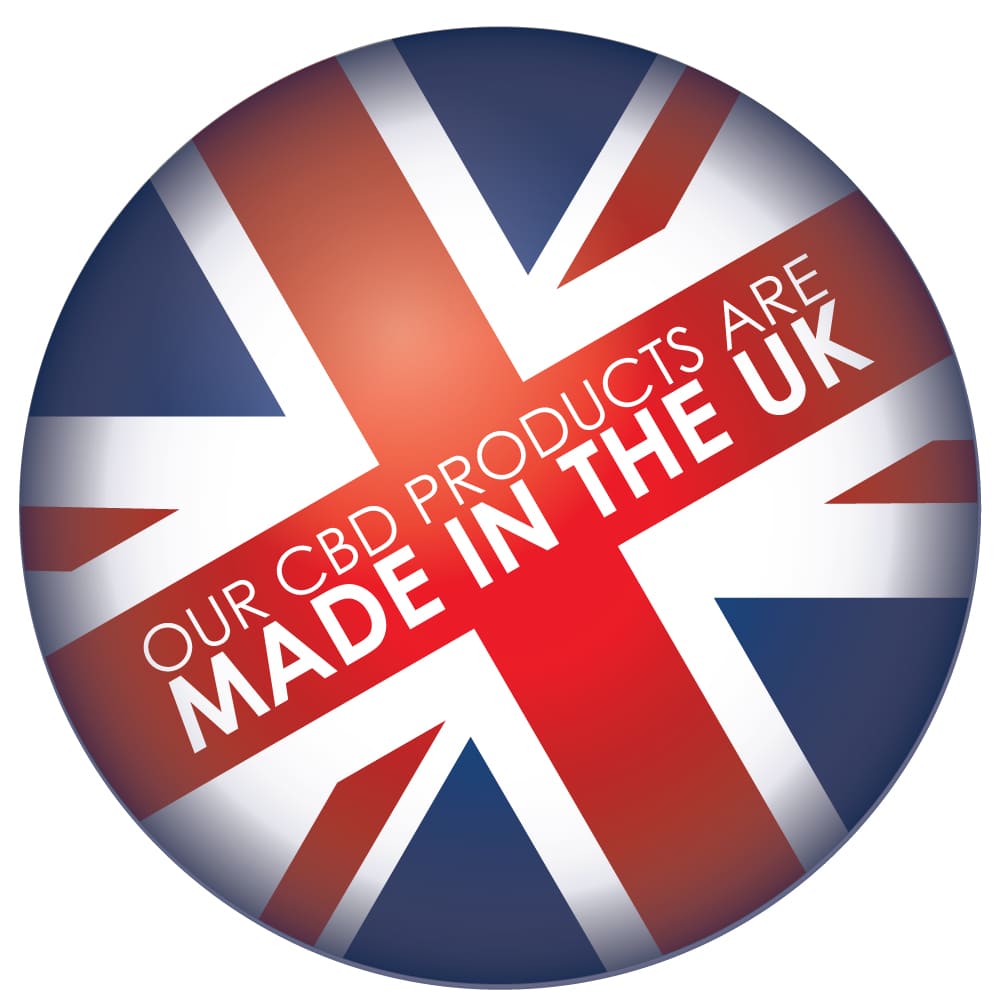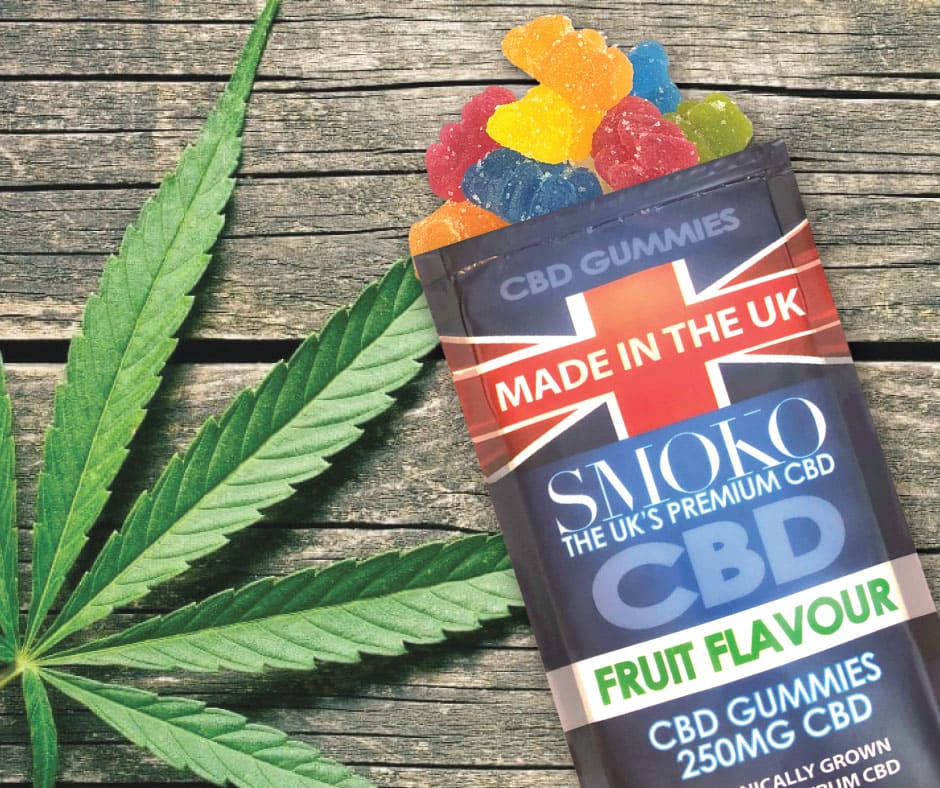What is Psoriasis?
Psoriasis is a skin disease marked by red, itchy patches of skin that often scales over. Psoriasis typically occurs on the elbows, knees, scalp, palms and soles of the feet. The cause of psoriasis isn’t fully understood, but it is thought to be an immune system issue where the white blood cells attack healthy skin cells.
While symptoms vary with each individual, the skin is often dry, itchy and can crack and bleed. Thick nails with ridges and pits is common, as is poor sleep quality. This variation in symptoms causes minor irritation for some sufferers of psoriasis, for others it can have a huge impact on their quality of life.
Types or locations of psoriasis include:
- Scalp psoriasis – affects over 60% of people with psoriasis
- Genital psoriasis – up to 66% of people with psoriasis
- Facial psoriasis – affects about 50% of people with psoriasis
- Palmoplantar psoriasis (palms and/or soles of the feet) – around 15% of psoriasis patients
- Nail psoriasis – affects about 50% of those with psoriasis
- Inverse psoriasis (Skin folds) – affects around 25% of those with psoriasis
Does Psoriasis Lead To Psoriatic Arthritis
According to the NHS, around 1 in 3 people with psoriasis also have psoriatic
arthritis. It normally develops around 5 to 10 years after a diagnosis for psoriasis, but it is possible to have problems with the joints before noticing any symptoms on the skin.
Not everyone with psoriasis develops psoriatic arthritis; it is thought that it is a result of the immune system attacking healthy tissue – as in typical forms of arthritis – but it isn’t known why some develop psoriatic arthritis where with psoriasis do not.
Symptoms include fatigue, morning stiffness, pain in the joints, swollen fingers and toes and changes to nails. Psoriasis patients do have increased risk for conditions such as heart disease, stroke, kidney disease, sleep and respiratory problems, depression, anxiety, high blood pressure, diabetes and obesity.

What is CBD?
Cannabidiol, or CBD, is a cannabinoid found in the cannabis plant. It has no intoxicating effect, unlike the other
cannabinoid ‘THC’, and is considered to have a good safety profile. As cannabis has been used increasingly in a medical setting, scientists have been trying to establish what it is in cannabis that produces some of these desirable medicinal effects. By separating the compounds inside, more studies are revealing how these chemicals work in the human body and why they produce some of the beneficial effects we have seen.
What is in CBD products?
There is quite a range of
CBD products available on the market that contain differing amounts of the contents of the cannabis plant. Some products contain isolated CBD only, some include terpenes and flavonoids found in the cannabis plant alongside the CBD, while others include the THC from the plant as well as CBD and the terpenes and flavonoids.
The majority of these products actually use hemp plants to get the compounds – this is because hemp plants
are cannabis plants with less than 0.3% THC. While products in the United States may not be this strict, in the UK there is a limit on the amount of THC that is acceptable in a single container – of any size – to prevent intoxication because THC is a controlled substance in the UK. CBD, however, is
legal in the UK.
One reason why there is such a range of CBD products is down to these accompanying compounds in the hemp plant. Products with just CBD are referred to as CBD isolate, products containing CBD and the terpenes and flavonoids are known as ‘Broad Spectrum CBD’ and the type containing THC alongside the CBD and terpenes/flavonoids is known as ‘Full Spectrum CBD’.
Why is there such variation? Cannabidiol has been looked at on its own with the benefits seen, but there is a phenomenon known as the ‘entourage effect’ that denotes how CBD may be more effective with the accompanying compounds found in the hemp plant. This then leads to the question of including THC, the psychoactive compound. Given that the presence of THC could result in a failed drug test, Broad Spectrum CBD products allow for the entourage effect without this risk.
Why do people consider using CBD for Psoriasis?
One of the big takeaways from the studies on CBD so far is that
CBD is an anti-inflammatory. New evidence indicates that CBD activates an enzyme that triggers the production of inflammation-resolving messenger substances that cause the inflammation to reduce.
Given that it is thought that psoriasis is an immune related disease, it is logical to think that CBD may be able to help!
What does the science say about using CBD for Psoriasis?
Cannabidiol works in the human body due to a system of receptors known as the endocannabinoid system. Where the receptors known as CB1 are found in the brain and are activated by THC (causing intoxication), CB2 receptors are found all over the body and these are the ones that CBD acts on. By interacting with these receptors, CBD reduces inflammation.
With regard to psoriasis, not only is the anti-inflammatory effect useful, CBD can stimulate the secretion and recruitment of cells that are vital for removing
skin cell debris and allow the skin to mature and then heal properly.
There is also evidence that CBD could help to
improve sleep quality which could help to combat the poor sleep quality that some sufferers of Psoriasis experience. Losing sleep massively impacts quality of life and increases stress, so is linked to high blood pressure and heart disease.
For those who develop psoriatic arthritis, CBD may also help to slow the impact of this issue. In studies on the use of CBD in arthritis, CBD has been shown to reduce inflammation caused by the immune system attacking the myelin sheath – a protective layer around nerves that allows signal transmission – which leads to slower transmission of signals.
What type of CBD is best for Psoriasis?
As psoriasis is a skin condition, topical CBD is a good choice to get CBD to the affected area. It is worth noting that many topical CBD preparations contain a mixture of things, so be wary of accompanying ingredients if your skin is already sensitive. As topical CBD doesn’t get much (if any) into the blood, this is a great way to get plenty of CBD to where you want it without worrying about potential side effects from ingesting too much CBD.
Ingesting CBD is a great way to get CBD into the blood for delivery around the body. This should allow for delivery of CBD to the site via blood vessels from an internal route, as well as help to alleviate and slow the onset of arthritic conditions in other joints as well!
One big reason for this blog was the anecdotal evidence I personally experienced when I heard from a close friend that he placed a few drops of
SMOKO Mint flavour CBD Oral Drops at the 2000mg strength on a patch of psoriasis on his elbow and saw fantastic results literally the next day. While not intended for use in this manner, he continued to use the CBD oral drops in this way - as well as taking CBD drops orally - and the entire scaley patch disappeared, leaving red skin in its place which will hopefully mature and heal!
The SMOKO CBD oral drops use Broad Spectrum CBD to take advantage of the entourage effect and uses high quality MCT oil as the carrier, allowing for a high quality, high purity CBD product. We even have our
third-party lab test certificates available to view on our website, so customers know they are getting what they paid for!
As there was no other change in diet or daily routine, my friend’s experience demonstrated not only that CBD can have a dramatic impact on psoriasis, but the high quality, high purity
SMOKO CBD oral drops can be used topically for a concentrated dose to affected areas. This might be a great way to kick-start treatment of psoriasis and allow users to deliver a consistent dose of CBD, something that is a little harder to do with topical creams or balms. Combine this with internal dosing of CBD, like our
CBD gummies, and the results could change your life!
Dosing CBD
Despite the number of studies, the understanding of CBD having no addictive potential and having studied the compound since the 1940’s, there is much caution around the use of CBD. It is known to have drug interactions so people with prescription medication should consult a medical professional before use, and many of the effects appear to be dose dependent. For this reason, most advice for a
starting CBD dose is to start at a small and increase as necessary to find a dose that works for you.
It is this caution that has led to a new provisional Acceptable Daily Intake (ADI) for CBD of 10mg per day, for a 70kg person, which was previously 70mg per day. This is due to the known issues surrounding drug interactions, the impact on a developing foetus in pregnant women, and potential liver toxicity with consistent use over time.
This provisional ADI has already created opposition within the CBD industry and is problematic due to the actual uptake of CBD by the chosen method – no method of taking CBD gets 100% of the CBD in the product into the blood, so immediately the recommendation of only 10mg per day means that users are getting much less than 10mg of CBD into their system. It is worth noting that Epidiolex, a medication for treating
rare forms of epilepsy, typically delivers 5mg per kilo of bodyweight per day as the starting dose. That means for a 70kg person, this dose would be 350mg per day – quite a difference from the current ADI.
Current information indicates that doses of 20mg per kilo of bodyweight per day is associated with an increase in serious adverse events – which works out to be 1400mg CBD per day. As you can see, CBD studies that demonstrate serious adverse events use very high doses of CBD that people using retail CBD products will never approach. Given the dose dependent effect of CBD, it is important to separate retail CBD food supplements with high dosing CBD medication as the difference in risk between the two are substantial.
CBD for Psoriasis - Does It Work? Conclusion
Cannabidiol has been studied for a long time, since the 1940’s, but with CBD only recently available to the general public, we are only now beginning to see the potential of CBD in the treatment of a wide
range of medical issues. Whether it is the pharmaceutical industry protecting its interests, or general caution, not everyone is on-board the CBD train!
At this stage, be sure to select a high-quality product and begin dosing at low levels. SMOKO CBD oral drops are available in a 500mg 10ml solution, giving you approximately 1.9mg of CBD per drop, allowing users to take 2 to 3 drops twice daily to hit a little over the 10mg ADI. You can always jump up to our 1000mg or 2000mg strengths to reduce the number of drops you take for more bang-for-your-buck, or to increase your dose if you feel it is the right choice for you.
If you suffer from psoriasis and/or psoriatic arthritis, consider using
SMOKO CBD for the highest quality, vegan friendly and THC-free CBD products made here in the UK!












